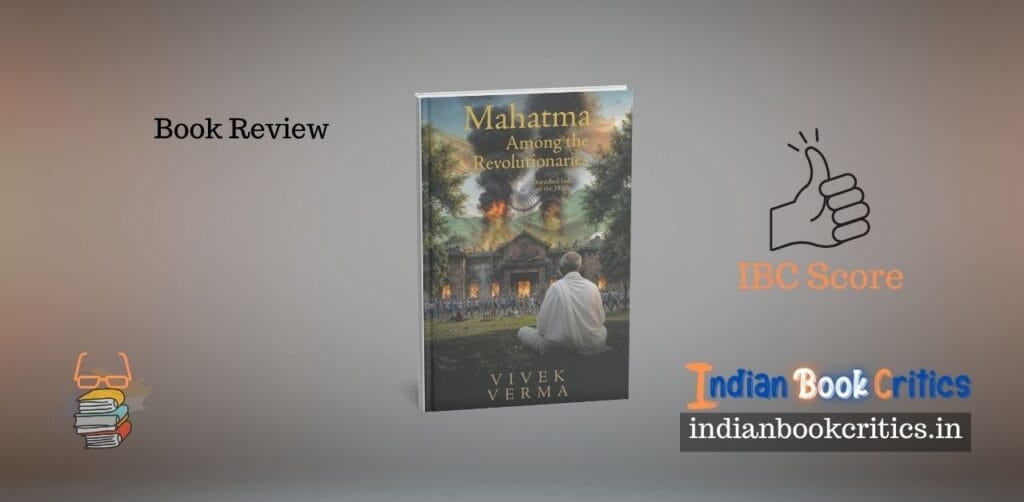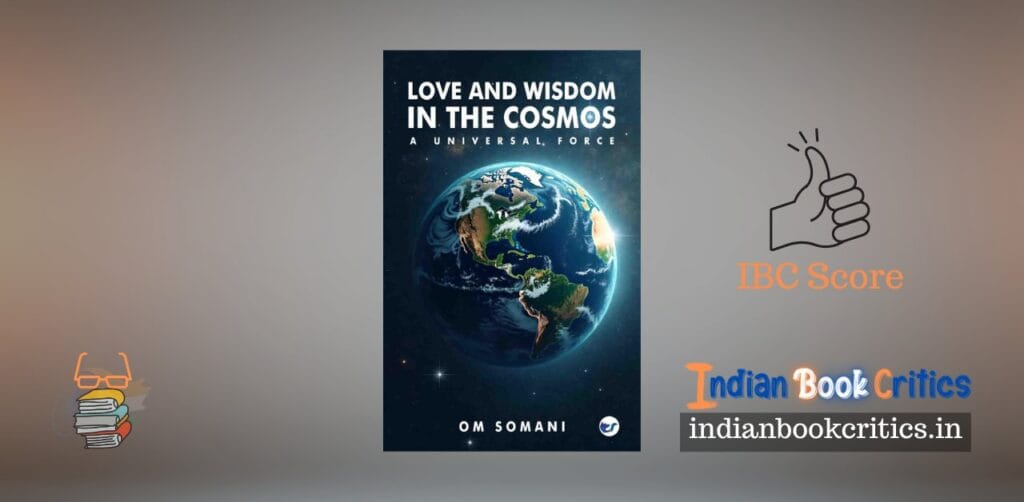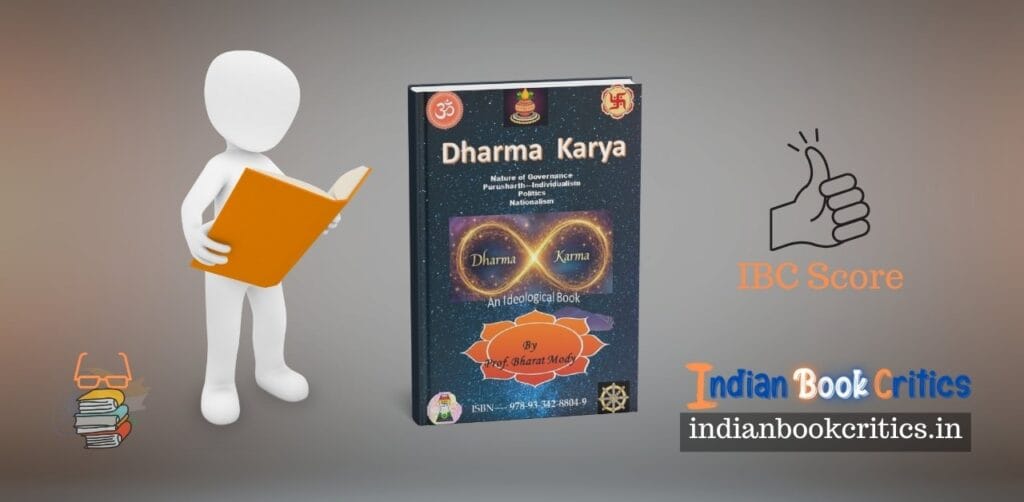The Malabari Who Loved His Ferrari by Dileep Heilbronn unfolds as more than a memoir; it is a living testimony to the emotional, ethical, and experiential layers that constitute a fulfilled life. The richness of the book lies not just in what is told but in how it is remembered. Dileep’s recollections avoid melodrama, even when describing episodes of financial struggle, personal loss, or emotional turbulence. His narrative is steady, not rushed, shaped with the cadence of someone who understands that time clarifies and tempers memory. What emerges is a profoundly human account of a man shaped by multiple cities, decades of striving, and the enduring company of people who became his anchors. Unlike many success stories that focus solely on material achievements, this one consistently returns to the human centre.
Among the standout features of this book is its quiet celebration of ordinariness. Dileep doesn’t mythologise his journey. He arrived in Dubai with ten dollars, which might seem a cinematic opening, yet the book quickly moves beyond the trope. He writes about Dubai not as a trophy but as a teacher. His earliest lessons are not about high finance or real estate but about punctuality, effective communication, and intercultural respect. By casting Dubai as a ‘classroom’, Dileep democratises success. He suggests that growth is available to anyone willing to learn consistently. His emphasis on observing people, listening actively, and maintaining integrity resonates more deeply than any self-help prescription. In a world saturated with inflated promises of instant success, the humility in his approach becomes a form of quiet rebellion.
Equally remarkable is Dileep’s relationship with memory. He is not simply chronicling events; he is reuniting with parts of himself through letters, phone calls, unexpected reunions, and remembered promises. The story of Pramod, his school friend who vanished for decades, is told with the kind of emotional restraint that lends it truth. Pramod’s reappearance after 30 years is not marked by sentimentality but by a deep recognition of emotional debts that outlast physical distance. Similarly, the narrative involving Kuttettan, a roommate from Mumbai who had only ever seen the Oberoi Hotel from the outside, becomes a symbol of emotional fulfilment. By gifting Kuttettan the experience of staying there, Dileep restores not just a wish but a sense of dignity. These episodes provide the memoir with rare emotional grace.
The book is also deeply committed to the idea of emotional literacy. One sees this especially in how Dileep describes his relationship with his ex-wife. Years after their divorce, her handwritten letter becomes a moment of shared healing. She entrusts him with her nominee details, and he, in turn, entrusts his sons with his response. His decision to offer her one of his villas, purely in honour of an old promise, is not painted as an act of magnanimity but as a natural extension of his character. Through this, Dileep underscores a recurring idea in the book: dignity must be preserved, regardless of personal history. In a society where separation often turns bitter, this episode reminds readers that relationships, even altered ones, deserve continued respect.
Another unique feature is the way in which intergenerational dialogue is handled. The relationship between Dileep and his sons, Gautam and Aryaan, is neither overly idealised nor laden with guilt. When Gautam chooses Dubai over London for his studies and work, Dileep does not intervene with rigid prescriptions. Instead, he supports his son’s agency and offers practical wisdom. He advises him to outperform his managers and learn from the survival strategies of nature. This mentoring style—equal parts philosophical and grounded—reflects a modern approach to parenting. Furthermore, he argues that children should not be burdened with large inheritances but instead be equipped to build their own lives. This pragmatic and farsighted view reflects an evolved understanding of legacy.
The visual component of the book, particularly the inclusion of personal photographs, enriches the narrative. They do not serve as decorative breaks but as visual echoes of the memories being described. Seeing Dileep in his traditional attire beside a Ferrari, framed by Dubai’s towering skyline, captures the central tension and harmony of his life—between heritage and ambition, nostalgia and modernity. These images ground the book in reality, offering readers an immediate connection to people and places that would otherwise exist only in text. This visual intimacy distinguishes the memoir from others that rely solely on prose.
The book’s cultural breadth is another strength. While rooted in Indian ethos, the narrative embraces the multicultural reality of Dubai. Dileep frequently discusses how collaboration with colleagues from different nationalities enriched his worldview. He treats diversity not as a corporate buzzword but as an everyday practice. The ability to adapt across cultural boundaries, to retain one’s identity while engaging respectfully with others, is subtly but firmly underlined. For young readers preparing to enter a globalised professional world, these lessons are of great relevance. The book does not peddle a formula for success; rather, it insists on character, conduct, and commitment.
A vital emotional current running through the memoir is its treatment of loss. The passing of Babu and Prakash, the fading of connections with Gopi and Welder Anil, and the irretrievable moments from Madras and Mumbai are handled with tenderness. Yet Dileep never indulges in mourning. He regards these absences as part of the rhythm of life. They are not disruptions but silent companions. His ability to carry both gratitude and grief without conflict is one of the more understated yet admirable qualities of this narrative. The book does not shy away from the inevitability of loss but reframes it as memory’s task to hold and honour.
Perhaps the most distinct quality of the book lies in its tone. Despite its sweeping narrative and the occasional grand image—like a red Ferrari or a luxurious villa—there is no arrogance. Dileep’s voice is calm, composed, and contemplative. Even in moments of triumph, he resists the temptation to claim full credit. He frequently mentions the role of mentors, friends, and even strangers in shaping his journey. He believes in the touch of God, not as a theological certainty, but as a felt presence in coincidences, near-misses, and graceful turns. In this respect, the book becomes as much a spiritual reflection as it is a biographical account.
His final reflection—wishing to live the same life again with the same people, despite its losses—is among the most moving parts of the book. It is a declaration not of perfection but of acceptance. The completeness he expresses is not about having checked all boxes, but about having felt deeply, failed with dignity, and succeeded without losing his inner compass. That the proceeds of the book will go to charity adds an additional layer of ethical fulfilment to the narrative. It is not just a gesture of generosity but a continuation of a lifelong commitment to giving back.
In terms of readership, The Malabari Who Loved His Ferrari will resonate with multiple demographics. Migrants who have struggled in foreign lands will find their struggles reflected and dignified. Young professionals will discover practical advice tucked into stories. Parents will engage with the mature views on upbringing and legacy. Readers who value memoirs for their emotional honesty rather than sensationalism will feel especially rewarded. And those who love language, not for flourish but for truth, will find themselves returning to several passages.
Dileep Heilbronn’s memoir stands out for its restraint, honesty, and its deeply ethical sense of narrative. It is not about spectacle but about steadiness. It does not aim to dazzle, but to endure. It offers no shortcuts, no easy victories, but invites readers to reflect on what it means to live a life of consequence. It teaches without instructing, inspires without preaching, and remembers without lament. Above all, it offers the reader a simple but powerful affirmation—that with sincerity, patience, and people by your side, even the most improbable dreams can turn into a life well lived.
Get a copy from Amazon now – click here.
Review by Amit Mishra for Indian Book Critics
The Malabari Who Loved His Ferrari by Dileep Heilbronn, a detailed review
- IBC Critical Rating
Summary
An outstanding memoir… a chronicle not of events or years in the life of the author but of the emotional, intellectual, spiritual and material accumulations he achieved.




